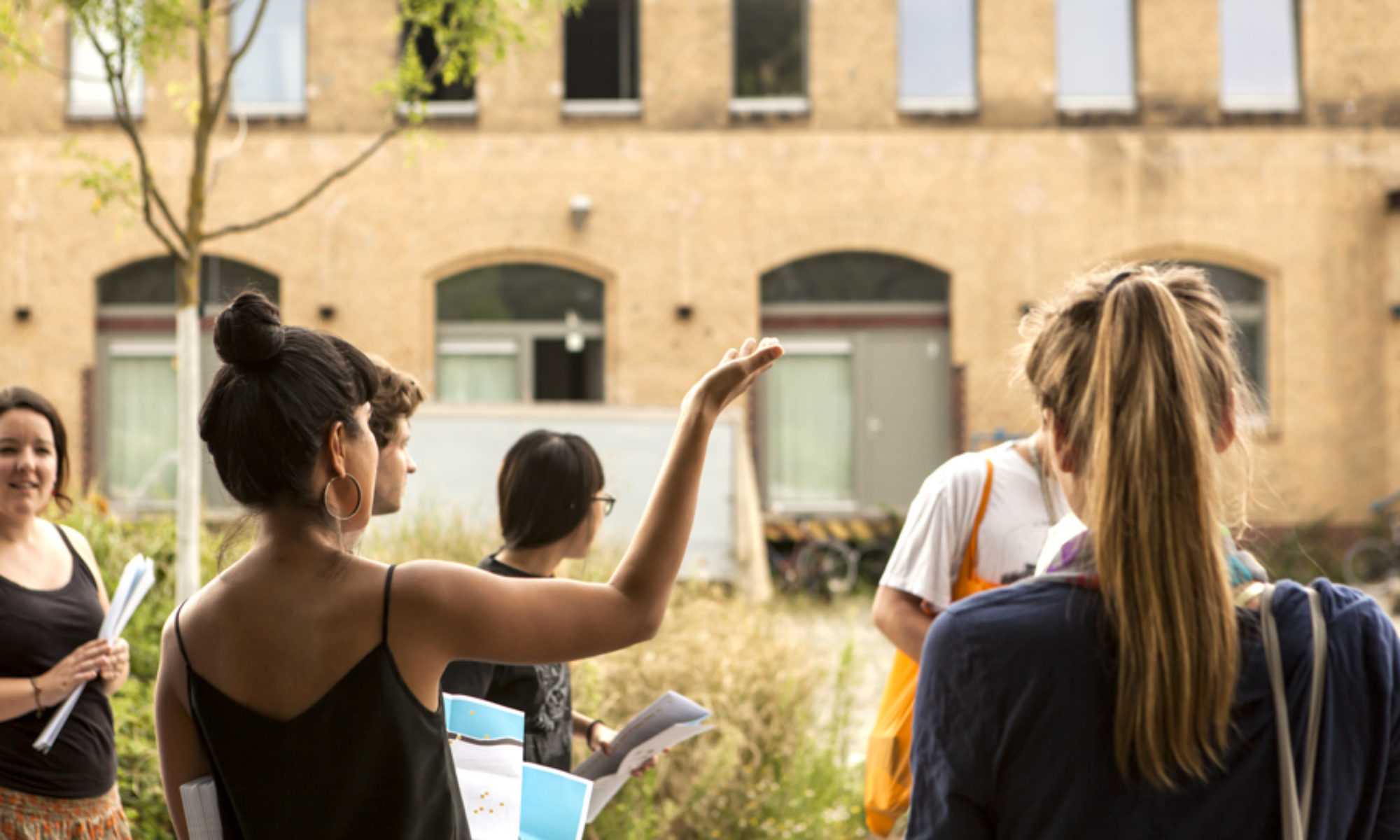Asha Bee Abraham, Human Ecologist & Artist, Artlink Magazine (2014)
Artlink Magazine invited me to write a bit about what I’ve been up to as an artist profile for their Sustainable? issue.
Concrete Jungles, Assemble Papers (2014)
“There is a common misconception that experiencing and interacting with nature requires us to retreat from the urban environment. Here Asha Bee Abraham challenges this perception, revealing the ‘other natures’ that necessarily exist inside our cities, the importance to our wellbeing in connecting to them, and the simple ways we can do so on a daily basis.”
The edible ecology of weeds, Assemble Papers (2013)
“An afternoon with author & permaculturalist Adam Grubb starts with a harvest of garden variety weeds. Oxalis, nettle, mallow and dandelion leaves all go into the Vietnamese pho Adam prepares from scratch. I call Adam a “mind weeder” (no, that’s not a typo or speech impediment). Over soup and a forage, Adam shares his psychological and philosophical approach to weeding the garden.”
Cities as ecoystems, Assemble Papers (2012)
“More than half the world’s population now lives in cities. Urbanisation has quickened dramatically in recent decades, with an estimated 1 million people moving to cities every week. Humanity is on the move and is now overwhelmingly urban. Cities have already shown their capacity to adapt and profoundly influence the shape of humanity. Now it’s up to us to influence the shape of our cities.”
Field trip, un Magazine (2012)
On farming as art… or design as farming… or more specifically, reflecting on Lucas Ihlein and Ian Milliss’ art field trip to Taranaki Farm as part of their exhibition on P.A. Yeomans and keyline design at the Australian Centre for Contemporary Art.
Sustainable and secure food systems for Victoria, Victorian Eco-Innovation Lab, University of Melbourne (2008)
Research report discusses the environmental challenges relating to the food system, examining: how the production and consumption of food impacts on the environment; and the risks and vulnerabilities of the food system to environmental change and social responses (such as policy aiming to reduce environmental impacts)
Food miles: A preliminary study for Melbourne, CERES (2007)
Research report estimating the distances travelled for food items found in a typical Melburnian’s shopping basket and the resulting greenhouse emissions from this transportation. This was Australia’s first food miles report.
Marginalising the marginalised, Agenda, Infochange (2007)
On the gendered impacts of trade in food and agriculture
Women striving for food sovereignty in WTO member states, Chain Reaction (2006)
On the WTO, gender and food sovereignty
Permablitzing the suburbs, Breakdown Press / Energy Bulletin (2006)
Lou Smith of Breakdown Press email-interviewed me about permablitzes & backyard food production
Feminist legal theory and practice report, Asia Pacific Forum on Women, Law and Development (2005)
This summary report covers a five-day training session held in Jakarta in 2005. The training and subsequent report address the social, cultural and political contexts that shape the legal system; enable greater understanding of gender discrimination, law and human rights; and provide a venue for exchanging experiences of using the law to advocate for women’s human rights.

Thank you for the inspiring skywriting today
Section 270.4(1) of the Australian Criminal Code Act 1995 defines ‘servitude’ as: …The victim is significantly deprived of personal freedom in respect of aspects of his or her life other than the provision of the labour or services.
The offence carries a penalty of 15 years imprisonment and should apply to Australian governments using indefinite mandatory detention of boat arrivals as a deterrent to future asylum seekers.
I wonder what can the Special Rapporteur on Contemporary forms of slavery – Office of the High Commissioner for Human Rights, United Nations High Commissioner for Refugees, United Nations Educational, Scientific and Cultural Organization and World Health Organization do about Australia’s modern day convicts?
Cheers,
Robby Miller
10/1204 Pittwater Rd
Narrabeen NSW
Australia